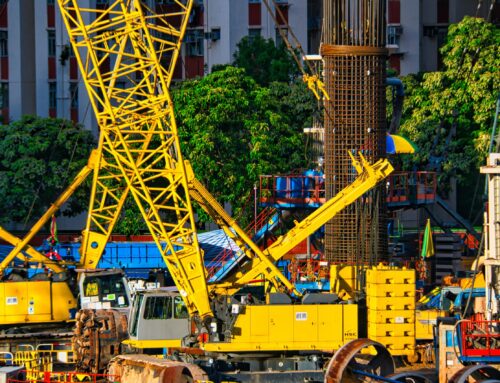Description and Details
Geotechnical risk assessments are traditionally conducted in order to establish the likelihood of an environmental disaster occuring in an area through analyzing the environmental dynamics involved with a particular area. A study done by Costa Souza et al. analyzes this technique and its use through the aid of an environmental justice lens. Fascinatingly, the study notes that Italy is the country with the highest number of both publications and authors writing on the topic of environmental risk.
When the studies evaluated were analyzed through this lens, the study found that only about a fifth of them aligned with the principles of environmental justice, and none of the studies addressed the topic directly. The research paper chalks this up to a lack of a culture of socioeconomic analysis in the fields of risk analysis and classification, and specifically the field of geological-geotechnical risk analysis.
The paper goes on to mention how the nature of these fields; i.e. that of a technical approach, involves methodology directly contrary to analysis in regards to sustainability and socioeconomic and environmental factors. Specifically, in regards to the fact of the matter that these papers are going to primarily deal in analytical and mathematical approaches.
CEE subjects: Geotechnical Engineering, Earth Systems
Discussion Questions
- This paper states as truth that analytical and methodological approaches are directly contrary to that of socioeconomic analysis. What factors contribute to this statement? How could this viewpoint be adjusted?
- How could socioeconomic analysis be included in geotechincal risk assessments? Should it be included?
- Can you give an example or scenario where better understanding the community makeup of an area may aid in geotechincal risk assessments?


Leave A Comment